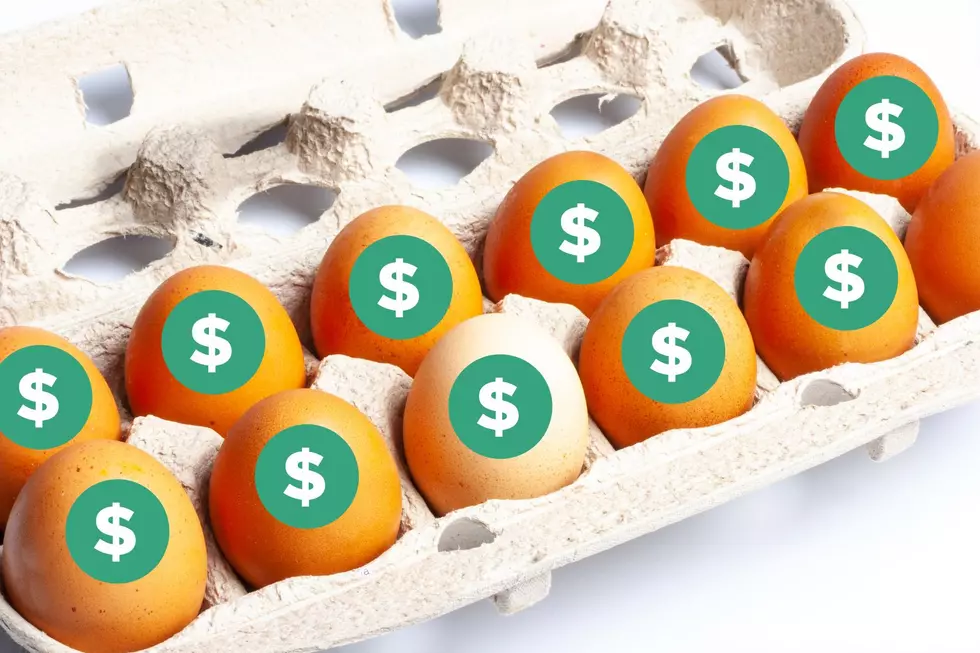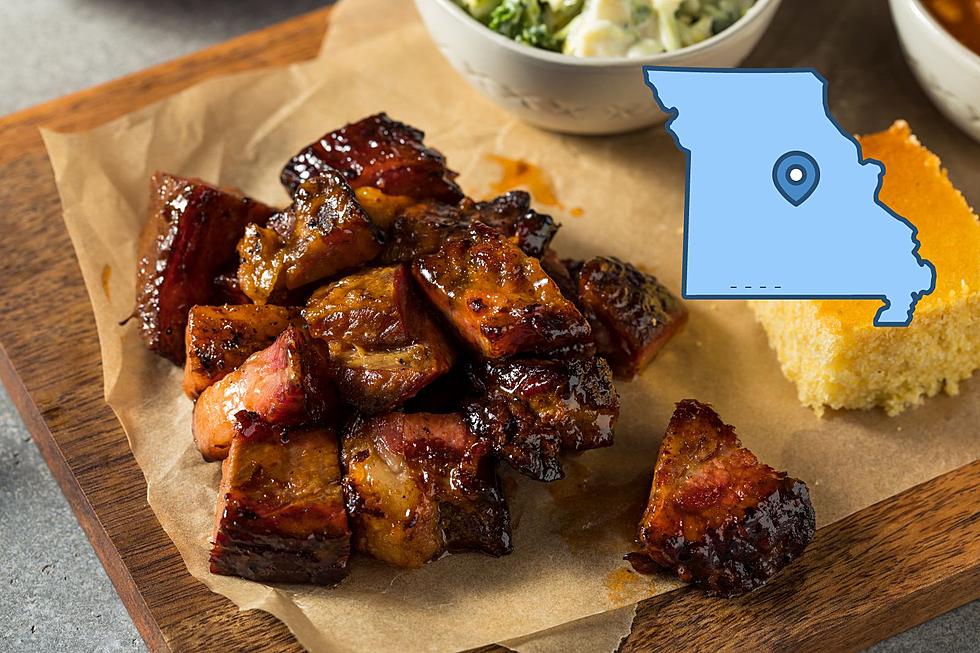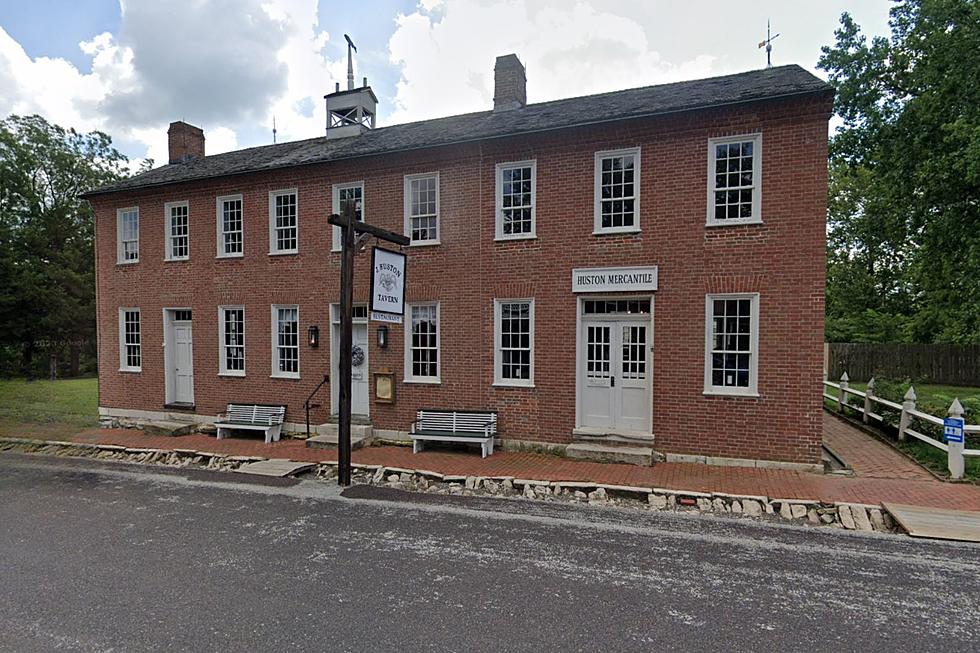
Soaring Egg Prices Continue to Rise in Missouri – But Why?
Let's face it EVERYTHING costs more these days, but some things just downright have me scratching my head wondering why it's so expensive. Especially eggs.

Right now, the cost of a dozen eggs is close to $6 (depending on where you shop). $6. Who remembers paying under a dollar for a dozen eggs? Ahhhh the good ole days. So why are eggs so expensive? Bird Flu is being blamed for the increase. According to CNN,
price dynamics are primarily due to the deadliest outbreak of bird flu in U.S. history, which has killed millions of egg-laying hens this year, according to economists.
Once a strain of bird flu is found farmers must kill their remaining birds due to federal rules to prevent spread. Plus, there is the cost of gas, chicken feed, and packaging, it all adds up to increase prices passed onto the consumer.
At the end of 2022 it was reported by the Consumer Price Index, the price of eggs went up 49.1% the highest increase overall including airfare, butter, public transportation, and lettuce. So is there going to be any relief soon? No one can say all that I read is that for most of the first quarter (which ends March 31) we could see prices remain high for a dozen eggs. It might be cheaper to raise a few chickens in your backyard.
LOOK: See how much gasoline cost the year you started driving
LOOK: Food history from the year you were born
More From KICK FM, #1 For New Country









